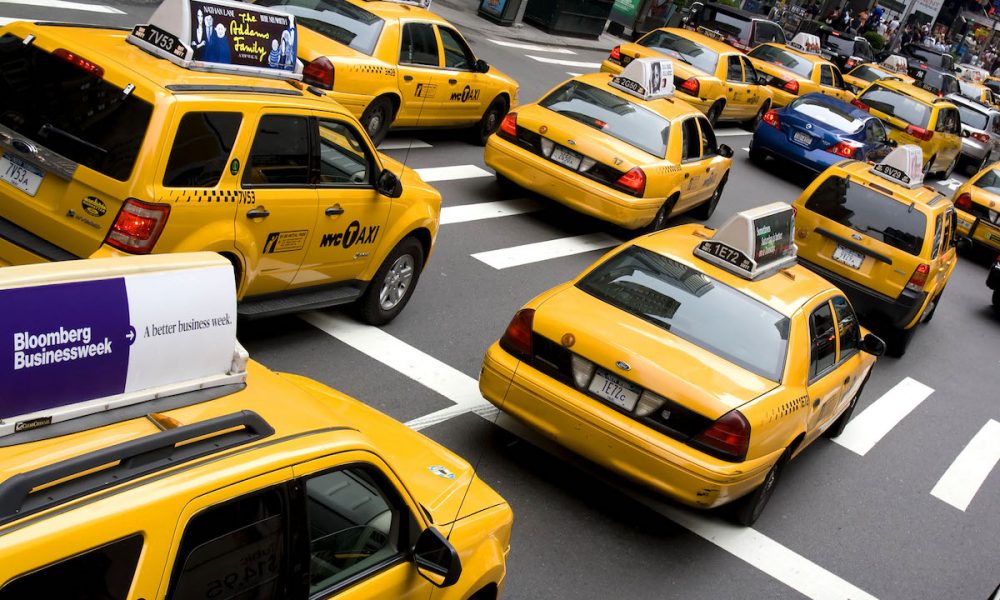With the technological advancements being what they are, it shouldn’t be a surprise to know that the future of cars is self-driving. Who knows if in twenty or fifty years if there will even be a need for us to get our licenses?
A lot of the focus of the talk of driverless cars seems to be on the idea of driverless taxis. Really, if you think about it, self-driving taxis seems like an ideal way of getting around. The best part? The potential of absolutely zero human interaction. None of that small talk that usually goes along with taking a taxi or an Uber. “So how has your night been so far? Busy night? So how long have you been driving Uber? Got any kids?” Also, no need for tipping! Or more importantly, trying to figure out how much to tip, or feeling like you are being judged for not tipping enough.
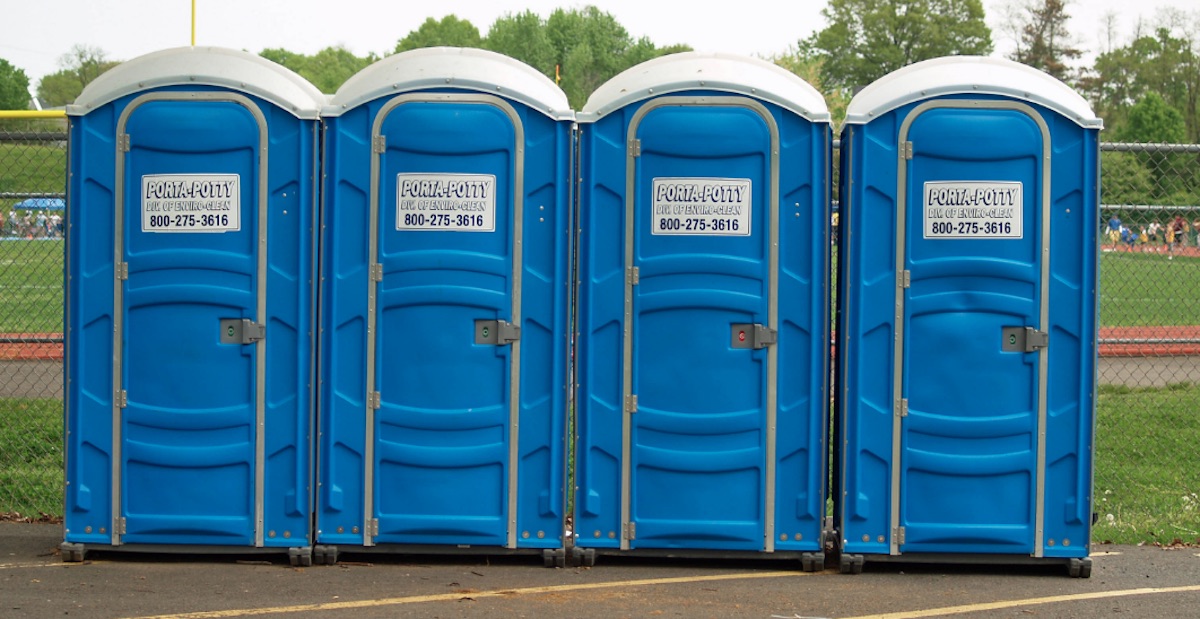
Unfortunately, nobody seems to realize that the main issue with driverless taxis is that they would without a doubt end up being as clean as a Port-A-Potty at Coachella. The reason? As a species we are absolutely disgusting. Come on, you can’t even try to deny it. Just admit it and go on with your day. We might be advanced enough to come up with the technology to come up with innovations such as the self-driving car but at the root of it we are still essentially garbage.
Don’t believe us? Have you ever paid attention at the movie theatre once the show is over and the lights are back up? There are always mountains of popcorn, piles of candy wrappers, and other trash strewn around on the floor and on seats. Don’t get us started on what has been found in the ocean. We will save that lecture for another day.
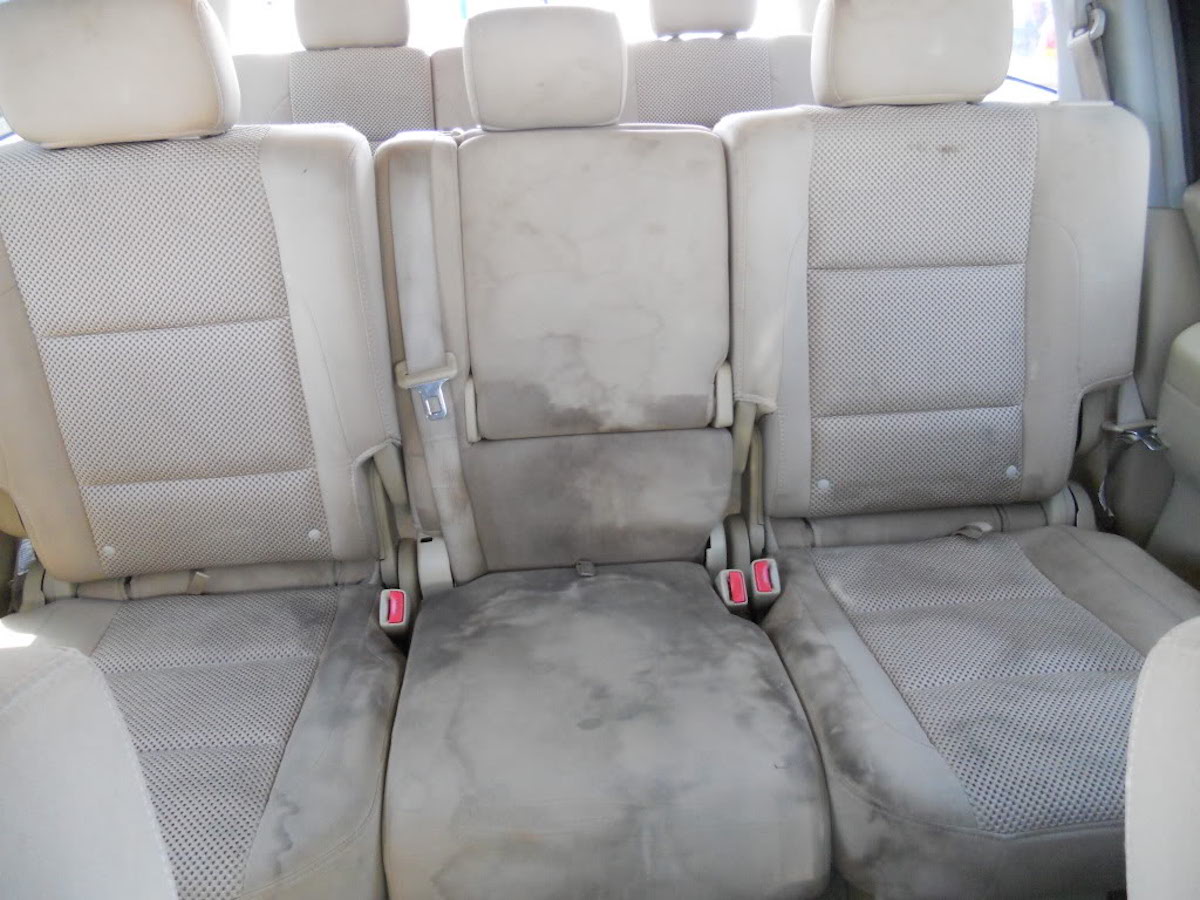
Moving on, if you have ever spoken to anyone who works at a car rental dealership, they will tell you horror stories about what they find in the rental cars that are returned to them. From dirty diapers to spilled pop, they have seen it all. Without the social pressure of not being a slob when with a driver, it would only be a matter of time before these taxis would end up a cesspool of filth.
Look at companies like ZipCar, whose cars are kept around major cities and can be used by those who need them for an or two, who have to spend a good chunk of change to ensure that they are able to ensure that the vehicles in their fleet stay clean. Zipcar and similar companies spend on average of one to three hundred dollars a month in order to maintain each of their vehicles.

We also wouldn’t be surprised if self-driving taxis end up being a pay-as-you-go solution for a quickie with your significant other (or whoever). Think about it, why pay for a hotel for a night when you can pay for an autonomous taxi by the minute when a few minutes is probably all you will end up needing anyways? There would also be no need to be seen at one of those seedy pay for the hour motels with the vibrating, heart-shaped beds. We don’t want to think about what those seats would look like (or feel like) after a day or two on the road.
Cleaning companies would likely charge a pretty penny to deal with the inevitable pigsty that these taxis would end up being. And that’s just to keep them clean. It’s unclear how self-driving taxis will deal with issues of insurance. Who is at fault when there is nobody behind the wheel?
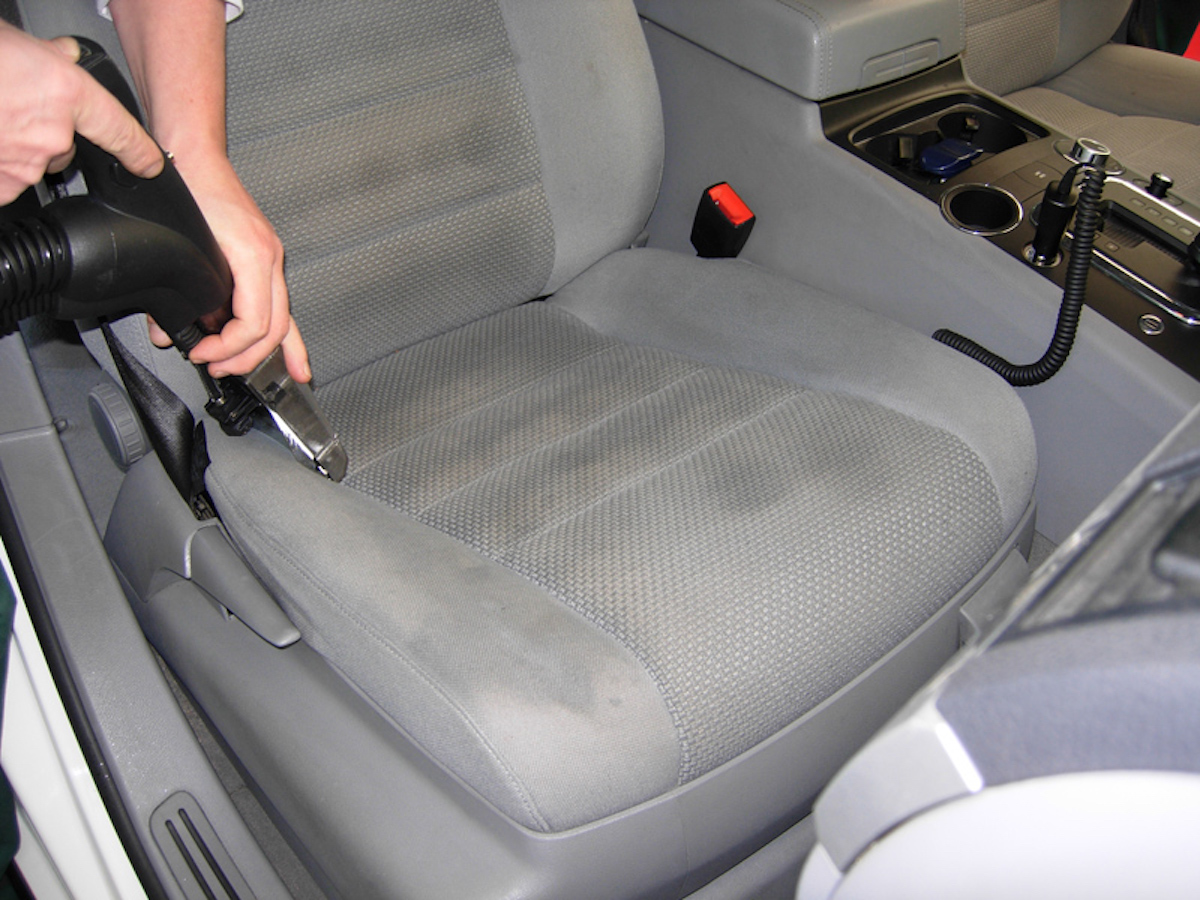
Also, without a driver, there is no way to make sure that the guilty party is held responsible for any damage to the taxi. These potential problems are likely ones that have not been taken into account by the major potential driverless taxi companies like Uber whose current policy for damage or mess puts the onus on passengers to foot the bill.
Speaking of Uber, it has been reported that they are on the edge of their seats waiting for the day when their won’t need to be anyone in the driver’s seat. We just hope that they weigh all the pros and cons before putting pressure on carmakers to put the pedal to the metal.
General Motors’ Maven arm, Zipcar’s competition, is the one company who is ahead of the curve and has started to examine the amount that their customers misuse and abuse their vehicles to try and predict future costs. Their main objective is to find a middle ground between being a car rental company and also providing customers with a sense of the responsibility of actually owning the vehicle. Think about it, you are never as careful not to do damage to a house that you are renting compared to when you are the homeowner. Their hope is that if they are able to trick customers into a false sense of ownership, their cleaning and maintenance costs will be much less extreme. However, it isn’t easy to give people this feeling when they are using a car that is covered in other people’s filth.
John Zimmer, Lyft co-founder, when discussing personal vehicle ownership referred to it as “a ball and chain that gets dragged through our daily life.” And we would argue that he isn’t exactly wrong. Owning a car can sometimes feel like a part-time job in of itself when you think about the amount of time it can take to maintain them. Not to mention the hidden costs associated with car ownership. Who knows, maybe owning your own car will be a thing of the past. At least that would mean no surprise bill at the mechanic. (Seriously, it’s almost as though these guys make it a game to find as much wrong with your car as possible.)
According to Kosak, “Lyft and Uber don’t care about managing the fleet… down the road, you’ll need to dictate who does all that,” which means that the future of the driverless taxi seems bleak unless things change. If only we could rely on our fellow humans not to be slobs and be respectable when in a car that isn’t their. But who are we kidding? That isn’t going to happen any time soon.
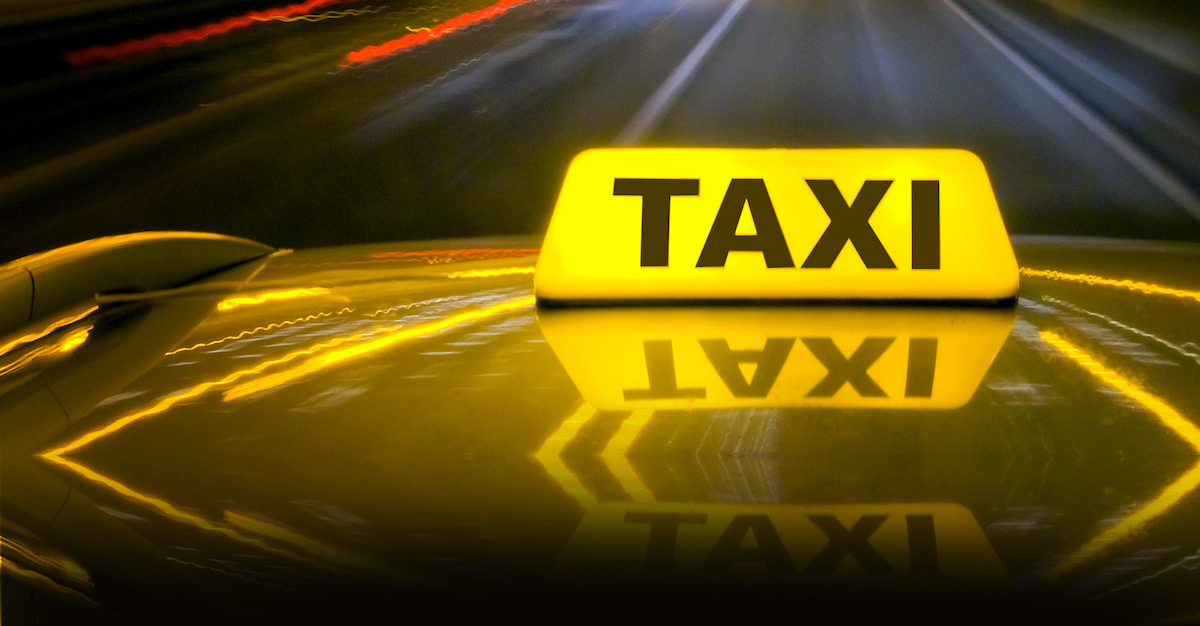
We will end this by saying that although we think that self-driving taxis are a novel idea, we hope that those involved in their development think long and hard before they are made available for use. Specifically keeping in mind the potential consequences of having these driverless taxis serving gross humans like you and me.
Comments
0 comments
